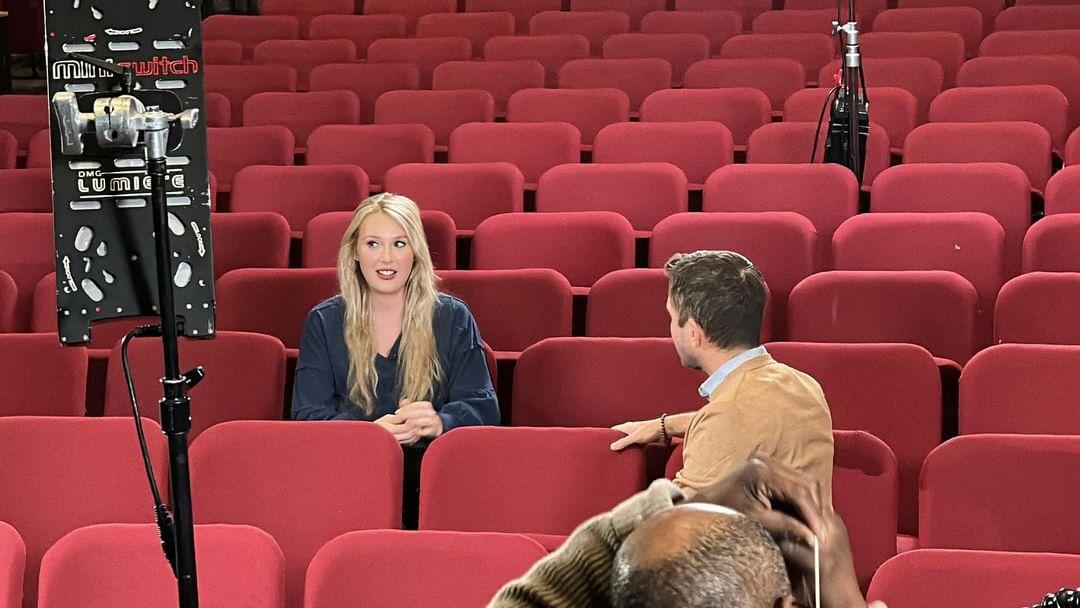The polls for the Sudanese referendum opened on Jan. 9, 2011, and after only three weeks of voting, south Sudan has already gained more than enough of the votes necessary for their secession from the north to take place. According to Al-Jazeera news, “a simple majority of 1.89 million votes was needed from a total of 3,932,588 registered voters.” As of Jan. 25, more than 2 million voters have secured the vote for secession, but final results will not be known until next month.
As a student who was born in northern Sudan and whose family immigrated to the United States in 1996, I view the secession as a fantastic end to an on-going conflict between two regions of the same country. The north and south fought a 22-year long civil war (1983-2005) and are finally going through a much needed split-up. In Sudan’s capital, Khartoum, I have seen most southerners treated as second-class citizens and made to feel inferior to the northerners. Characteristics that generally distinguish them from the northerners are the darker tone of their skin, their southern Arabic dialect and their religion. People from south Sudan mainly follow Christianity or Animism, as opposed to the north which is almost completely Muslim.
The referendum is not only affecting the southern Sudanese people, but also the predominantly Muslim north, which is where my family is from. Although many northerners may not be so content with losing about one third of their country and therefore lose the title of largest African country as well losing many valuable resources the south had to offer, the secession is more than necessary to ensure the nation’s peace.
From what I have seen, the southern Sudanese citizens living in the north usually work as housekeepers, street vendors for bootleg or illegal items, taxi drivers, or other low-class jobs. Usually the employer (a northerner) allows these people to live with them but provides separate sleeping quarters for them. Although it is far from an institution of slavery, the conditions which they live under are below standard. Each room barely had enough space to fit a twin-sized bed and one bathroom consisting of a shower head and a toilet was shared among three to five workers. It was either this or the streets, so most workers did not complain.
It was an extremely rare sight for me to visit a northern Sudanese family who did not have a southerner working as a housekeeper. From my personal experience, I have never seen a southerner working in a professional environment in Khartoum. For this precise reason they are in strong favor of their own nation and government, as am I. Their independence will ensure their equal rights and protect them from Islamic laws that should not apply to non-Muslims, such as prohibition of alcohol and dress codes.
Juba, which will most likely become the new capital of southern Sudan after the new nation is established officially, will see a new rule under President Salva Kiir Mayardit and no longer have to suffer the unfair laws set by Sudan’s current president, Omar El-Bashir. While this is good news for the south, according to El-Bashir, the north will see strong reinforcement of Islamic Sharia law now that the only official religion will be Islam. It is no wonder why the northerners are not too keen to let go of their southern counterpart. However to someone like me who has lived in Sudan for two years (2006-2008) and had first-hand experience with the southerners, I believe it is necessary for the south to get a taste of independence if the nation will ever see total peace.












Nazik Elgaddal • Feb 9, 2011 at 2:36 pm
We’re proud of you. God bless you.
Alla Belenky • Feb 7, 2011 at 8:40 am
Marwa, great thought. I aggree with your opinion. The southern people heed the independence.
I wish you success and prosperity,
Alla